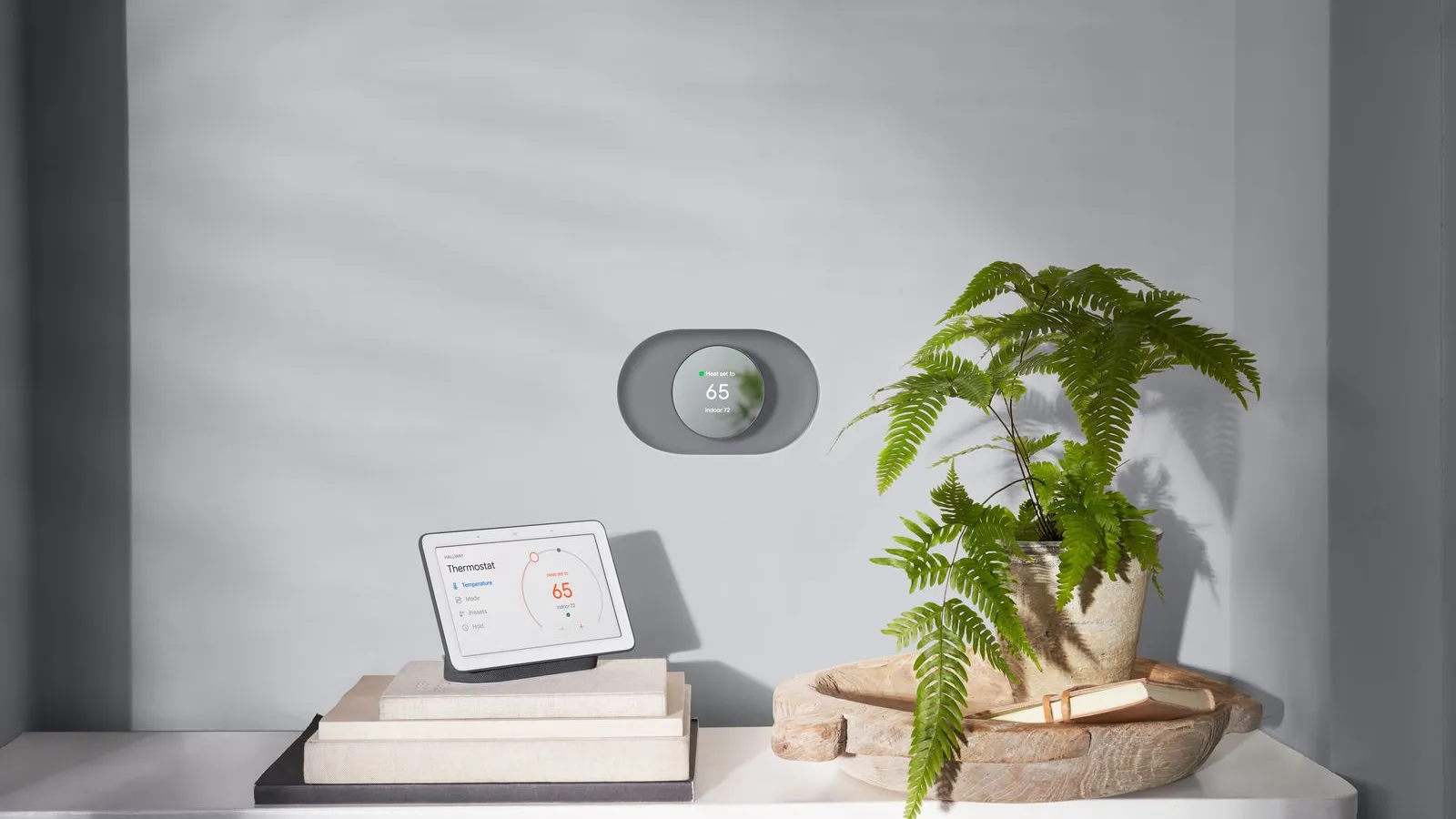
May is Clean Air Month, a time to raise awareness about the importance of clean air for our health and well-being. Poor air quality can cause a range of health issues, including respiratory problems, allergies, and heart disease. In this post, we’ll explore various ways to improve indoor air quality, the impact of outdoor air pollution on our health and the environment, the relationship between clean air and mental health, and the role of HVAC systems in enhancing air quality.
How to Improve Indoor Air Quality
Regular HVAC maintenance is essential to ensure that the system functions efficiently and effectively. Dust, pollen, and other airborne particles can accumulate in HVAC systems, which can reduce the quality of indoor air. Air purifiers can also be helpful in removing harmful particles from the air. Reducing sources of indoor air pollution, such as smoking or using certain household chemicals, can also help improve air quality. Finally, using proper ventilation, such as opening windows, can help increase air circulation and reduce the risk of indoor air pollution.
The Impact of Outdoor Air Pollution
Outdoor air pollution can have a significant impact on our health and the environment. Exposure to outdoor air pollution has been linked to respiratory problems, heart disease, and even cancer. It also has environmental effects, such as acid rain and damage to plant life. We can reduce our contribution to outdoor air pollution by reducing the use of fossil fuels, using public transportation, and supporting policies that promote clean air.
The Connection Between Clean Air and Mental Health
Clean air is not only good for our physical health but also our mental health. Studies have found that exposure to air pollution can lead to cognitive impairment and mood disorders. Clean air, on the other hand, can promote relaxation and enhance cognitive function. Incorporating indoor plants, which can help remove harmful pollutants, can be a helpful way to improve indoor air quality and promote mental well-being.
The Role of HVAC Systems in Improving Air Quality
HVAC systems play a crucial role in improving indoor air quality. By maintaining and upgrading HVAC systems, we can enhance their effectiveness in removing harmful particles from the air. Air filters can be used to trap airborne particles, and duct cleaning can help remove accumulated dust and debris. Proper ventilation can also help improve indoor air quality by increasing air circulation and reducing the concentration of harmful pollutants.
Clean air is vital for our health and well-being, and there are many ways we can take action to improve it. By improving indoor air quality, reducing our contribution to outdoor air pollution, and supporting policies that promote clean air, we can all contribute to a healthier and more sustainable future.

